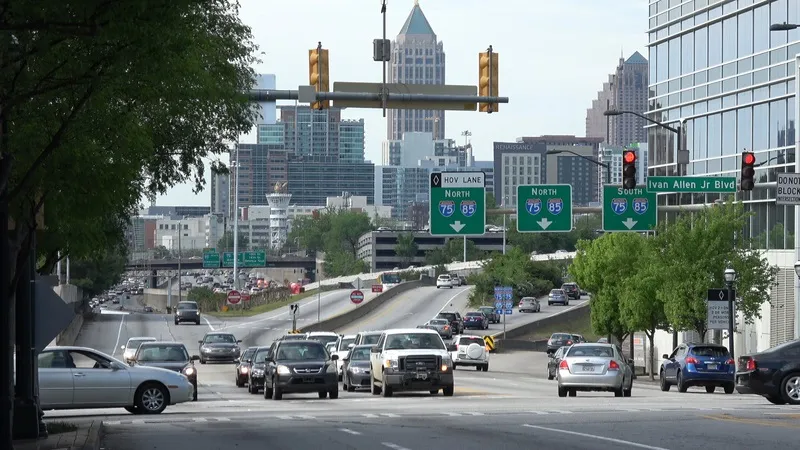In an effort to improve safety on Latvian roads, local company Reck has been awarded US$1.4 million contract to supply the Road Traffic Safety Directorate in Riga with 20 stationary speed cameras
October 13, 2014
Read time: 1 min
In an effort to improve safety on Latvian roads, local company Reck has been awarded US$1.4 million contract to supply the Road Traffic Safety Directorate in Riga with 20 stationary speed cameras.
The contract includes 16 radar-based cameras, manufactured by
According to the Road Traffic Safety Directorate, while fixed speed cameras are important to road safety, portable speed cameras are also important along with public education and infrastructure upgrades.









